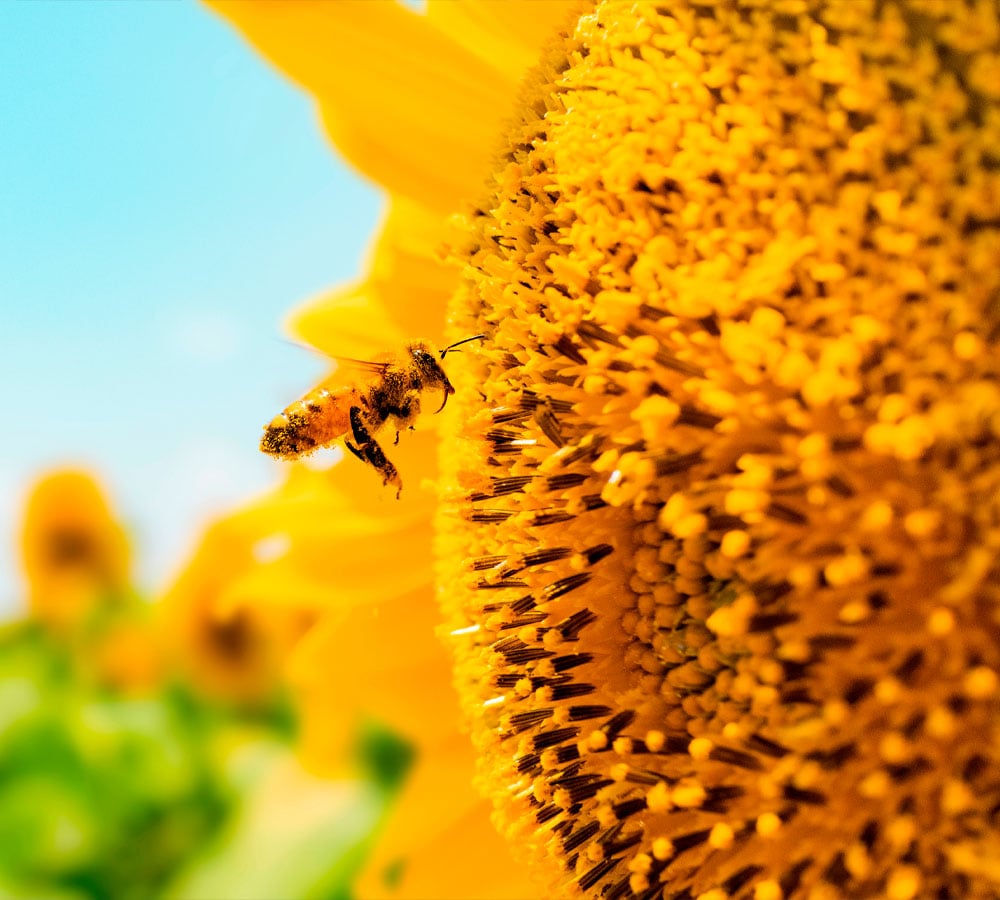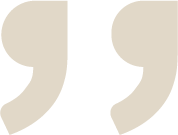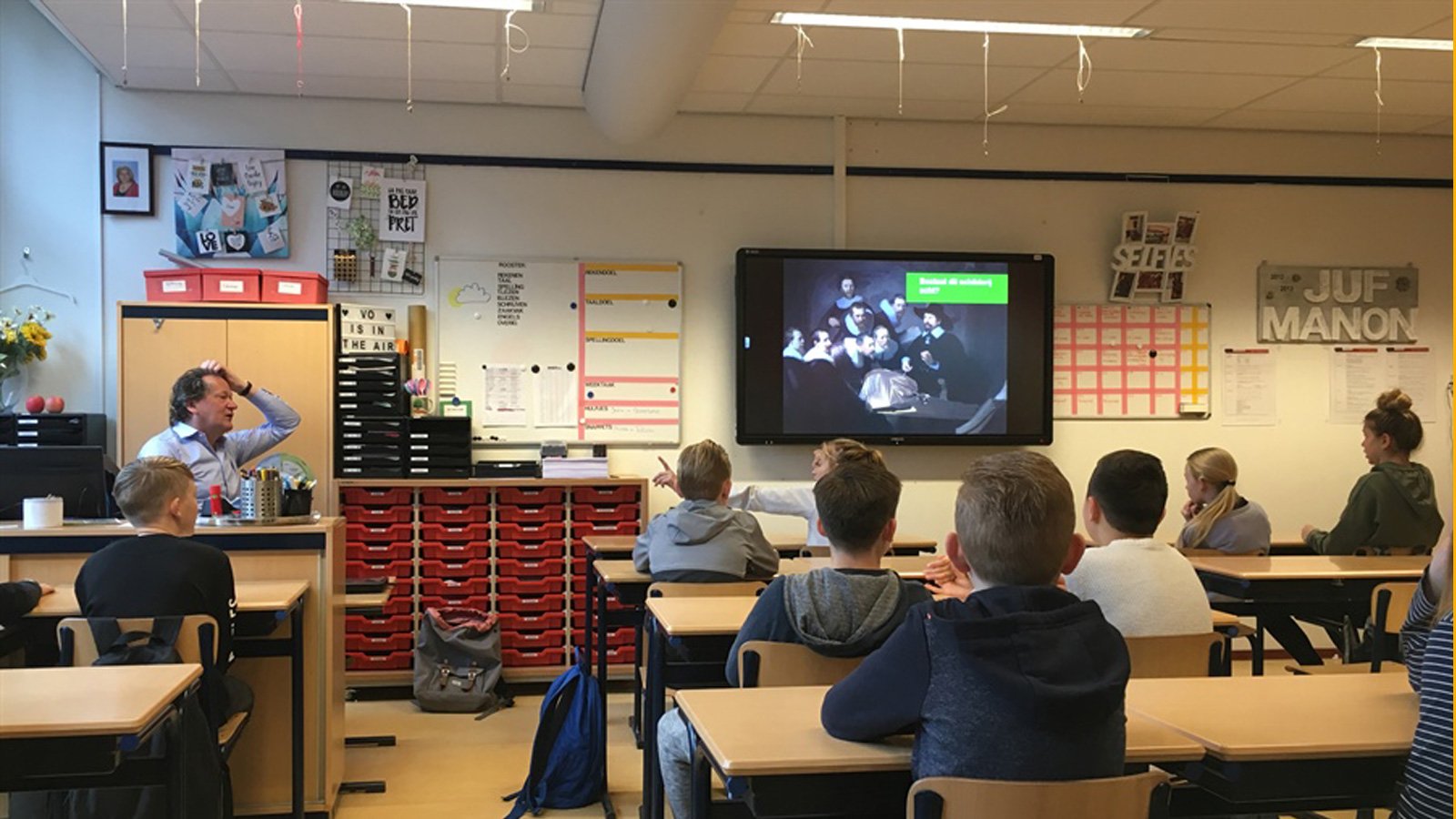During the 'Secondary Education Week' at primary school De Paradijsvogel, Laurens Groen, CEO Milgro, taught group 8 children in Economics & Sustainability. “Young people in particular have the potential to change the world and contribute to the transition to a circular economy,” says Laurens Groen. "A different audience than I normally have, but the same important message."
Teaching about the usefulness of sustainability is important for children's awareness and involvement. 'Who has the youth, has the future'. “When children know the effect of properly separating waste and the impact of plastic in the sea, most of them are directly involved. They are eager to contribute by, for example, cleaning up and separating waste, but they are also quick to come up with handy and creative solutions to live an even more sustainable life, ”says Groen.
Second Earth
“There are 7 billion people on earth and that has a major impact on the availability of raw materials. If we continue in this way, a second earth will be needed and there is none, ”Groen explains to the students. Groen's message, supported by images of waste mountains in India and the plastic soup in the oceans and, closer to home, of chewing gum in the schoolyard and plastic bags in the street, is that we must deal with waste properly and that you also have it at home. Can do. We should not do less bad, but do more good.
Awareness
The students listen attentively and are very concerned with the subject. Feline thinks it's a very important lesson: “It's important to pay attention to this. I thought the photo of the surfer in the plastic soup was a fierce image. ” Laura is also impressed: “It's good to show this, because I was not aware of some things”. Linde has especially learned something from the extent of food waste: "The fact that we throw away 1/3 of our food is quite a lot." Miss Manon notes that the children are becoming more and more aware of the environment and that Groen's lesson emphasizes the importance of sustainability once again.
Eco-Schools
Eco-schools is the international quality mark for sustainable schools. The pupil is encouraged to undertake activities to make the school (further) sustainable. At De Paradijsvogel, a lot of attention is paid to the environment and sustainability and an Eco-team has been set up. Students, teachers, parents and the concierge meet regularly to brainstorm to improve waste management. For example, the suggestion to replace the drink packs with a drinking bottle.











